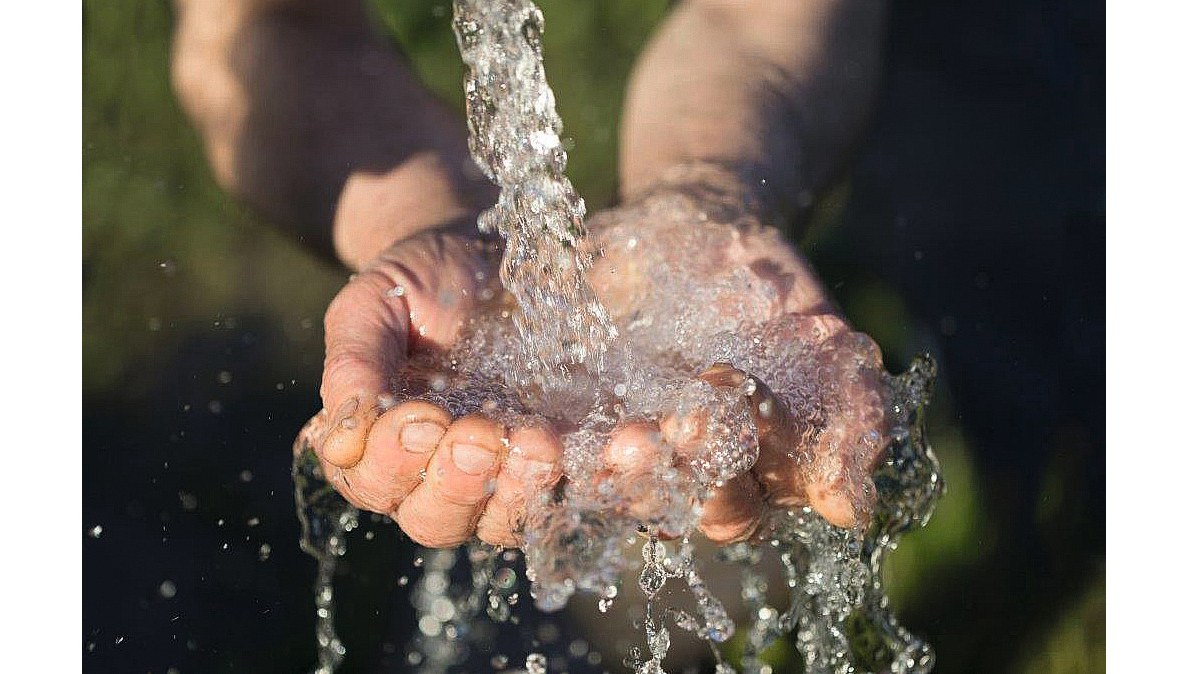The United Nations recognized the human right to water in 2010. Water is one of the most important raw materials on earth and should be available to all people in sufficient quantities.
But what if it becomes increasingly scarce in the face of climate change and future weather extremes - heat, heavy rain, flooding or prolonged drought? In future, local water stress could lead to increased distribution conflicts, for example between agriculture, industry, energy and water management as well as the protection of groundwater and ecosystems, even in Germany, which is actually rich in water.
Scientists from the Daimler and Benz Foundation want to make the interactions between the individual sectors and interest groups transparent and uncover potential conflicts of interest in water use. In doing so, they analyze the respective options for action of various stakeholders and take into account the influence of possible weather extremes caused by climate change. Practitioners, including those from the water industry, are actively involved in the design, creation and evaluation of the models. With the workshop version of a web application, the researchers ultimately want to make the field of water conflict tangible for all protagonists.


